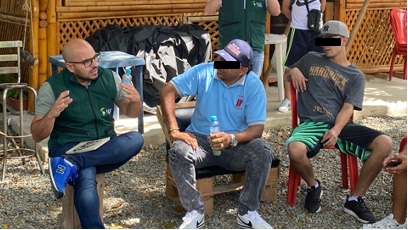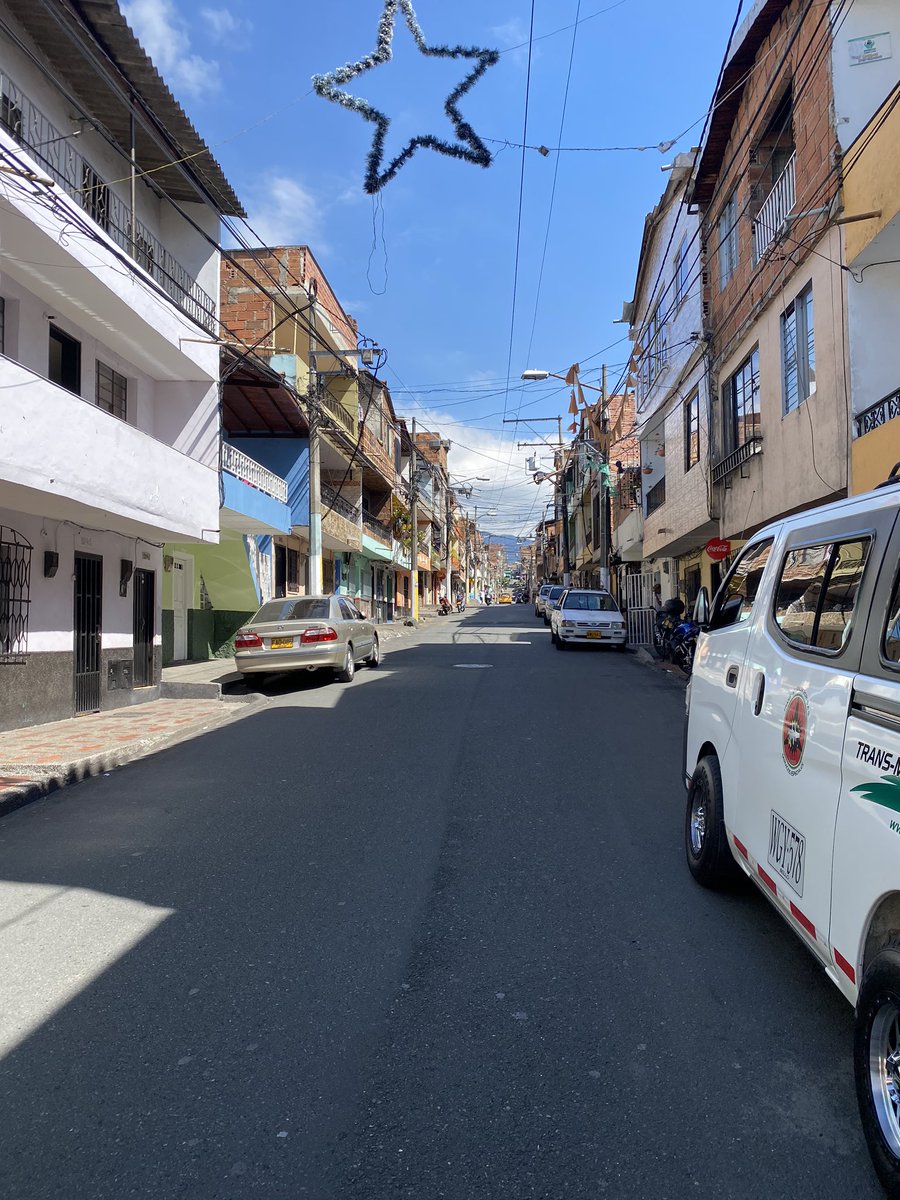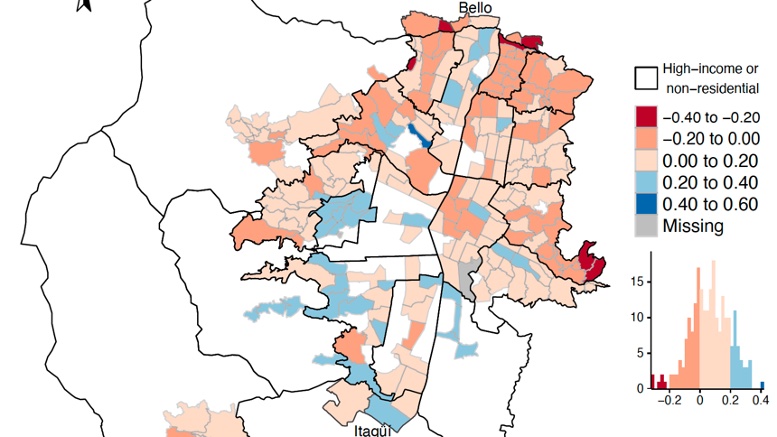
it’s great that economists do lots of field work and interviews now. But think of the absolute sloppiest, terrible causal inference paper you can remember, from someone who doesn’t even know that they don’t know what they’re doing.
That’s how economists do qualitative research.
That’s how economists do qualitative research.
https://twitter.com/besttrousers/status/1334835463002218499
We can probably do better. We shouldn’t expect most papers to do better than that. But surely some papers should?
What percent? Even 1% using qualitative work to motivate a theory or understand the results of a program evaluation would be more than happens
What percent? Even 1% using qualitative work to motivate a theory or understand the results of a program evaluation would be more than happens
Often these are econ-ethnographer partnerships. Some good collaborations I can think of:
Morduch and Rutherford and coauthors on financial diaries
Levitt and Venkatesh on Chicago gangs
Anything with Ensminger
Morduch and Rutherford and coauthors on financial diaries
Levitt and Venkatesh on Chicago gangs
Anything with Ensminger
It’s not obvious in the papers, but most of my work in Liberia & Uganda had systematic qual work, and usually one of the coauthors was well trained as a qual researcher, even if it wasn’t their specialty. I don’t think we’d have had many of the best ideas or measures without that
So maybe more systematic and careful qual interviews are more common than I think, and economists just don’t “show their work” in a paper with page limits.
In a few weeks my Colombia coauthors and I will release a paper on organized crime that combines 4y of systematic qual work with theory, experiments, and quasi-experiments, and I’m going to try to sell ECMA on the technical contribution. I will let you know how THAT goes.
A note for people who want to learn and do better:
I’m convinced that the only way to learn this skill is to work with someone who knows how to do it well, as a coauthor or as a mentor.
This is why I recommend recruiting a coauthor.
I’m convinced that the only way to learn this skill is to work with someone who knows how to do it well, as a coauthor or as a mentor.
This is why I recommend recruiting a coauthor.
This by Sanchez de la Sierra and Titeca is destined to be one of the great modern examples, a study of corrupt police hierarchies in Kinshasa. One of the most impressive papers I have seen in my life:
conference.nber.org/conf_papers/f1…
conference.nber.org/conf_papers/f1…
I learned by accident. My first fieldwork job working for a famous development economist, shortly before my PhD, he had a girlfriend at the time who was an anthropologist and she took an interest in the project. She let me tag along with her.
Little things mattered, like trying to enter village the normal way, on a bus with other people, not pulling up in a hired SUV. How we should go hang out in the tea shop and chit chatting for ages, observing, before choosing whom we wanted to ask for a longer conversation.
I also learned that a shocking number of good qual researchers are really sloppy about their notes and analysis, they use too-small samples, and they don’t do some of the basic things that stop the work from promoting salient and provocative but unrepresentative views.
So we can all do better! Doing a little of this work is really pleasurable.
And since time for everyone is scarce, hiring RAs to do it for you, in large samples, and reading the interviews yourself later, has been *hugely* useful for me to better understand program evaluations
And since time for everyone is scarce, hiring RAs to do it for you, in large samples, and reading the interviews yourself later, has been *hugely* useful for me to better understand program evaluations
• • •
Missing some Tweet in this thread? You can try to
force a refresh





